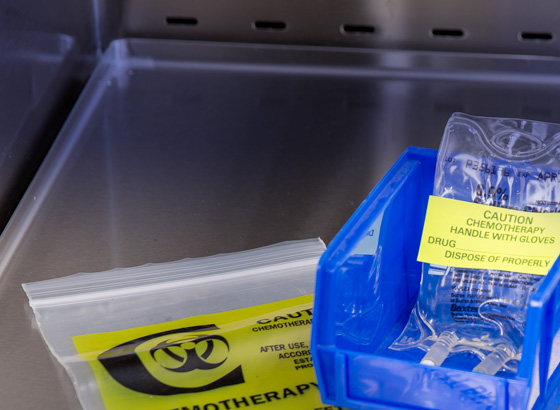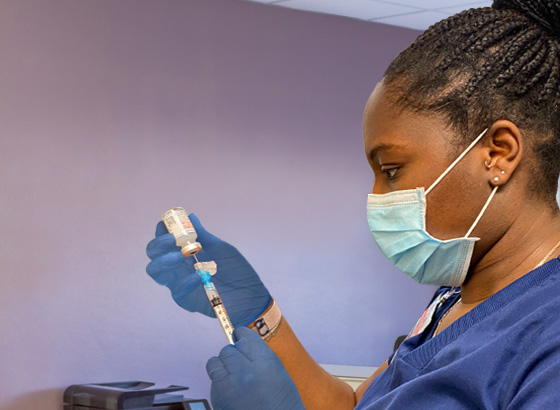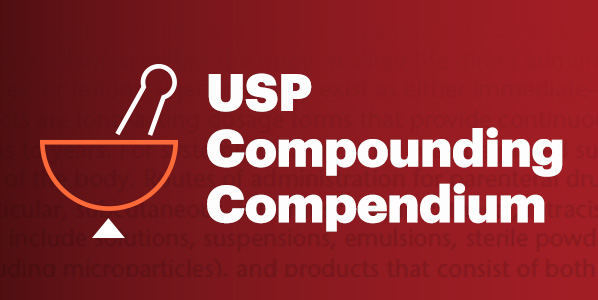Compounding standards help improve quality medicines for patients
Millions of medicines are compounded each year to meet the unique needs of patients, who otherwise may not have access to their treatment in the right concentration or dosage. Understanding compounding quality risks and incorporating established USP standards into everyday practice is essential to deliver optimal, personalized patient care.
To learn more about building trust in safe, quality patient care click here.

















